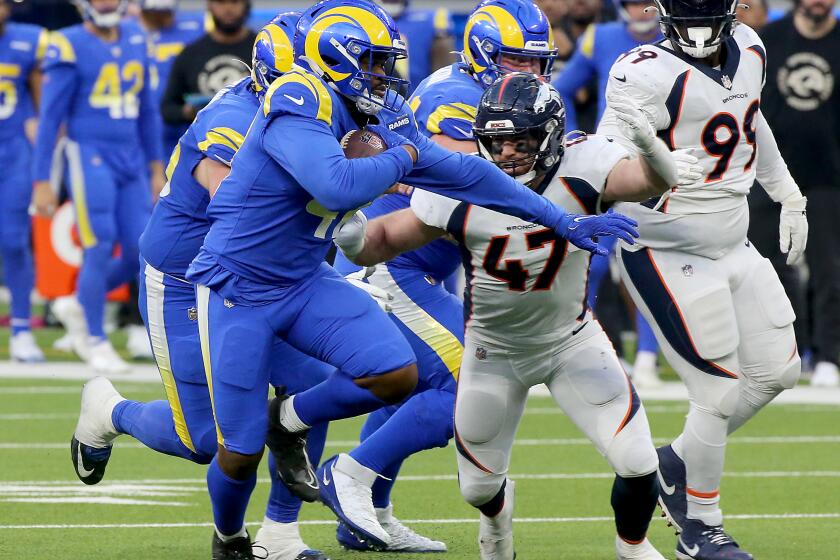A Gain for Emergency Calls
Relief is working its way through the state Legislature for cellular phone users worried about how, and how quickly, their 911 emergency calls will be answered. A bill by Assemblywoman Helen Thomson (D-Davis), AB 2596, would eliminate the California Highway Patrol as the middleman in many such calls, allowing them to pass directly to the appropriate local authorities.
The bill has already passed the Assembly’s Utilities and Commerce Committee and faces its next test in the Assembly’s Judiciary Committee next month. This is a sensible measure that deserves strong support.
Right now, every cellular 911 call is first routed to the Highway Patrol and then, if needed, to the police and/or fire departments closest to where the call originated. That was OK when there were few calls and better technology didn’t exist. But the CHP has been swamped. In 1997, the state’s wireless 911 system received 2.7 million calls, up from just 29,000 in 1985. The CHP winds up routing 30% of those calls to local authorities. The jam will only worsen as more and more digital telephone subscribers are signed up.
Wireless technology has improved and it is easier to determine where callers are when they dial 911. A call from Santa Monica could go directly to Santa Monica authorities. That would be progress. At worst under the Thomson bill, the current two-step process would remain. The ultimate goal is technology that can pin down the origin of a cell call within 125 feet.
The bill limits the ability of crime victims and other 911 users to sue carriers, and trial lawyers object. But carriers can still be sued over willful acts or gross negligence, and the objections should not be allowed to stop the bill.
The elimination of delays and lifting the 911 burden from the CHP are vital goals; Thomson’s bill goes far toward reaching them.






